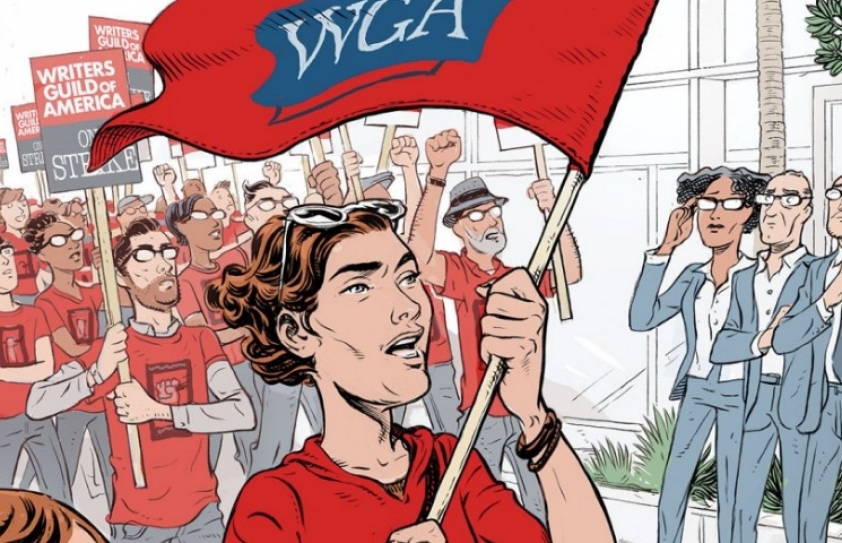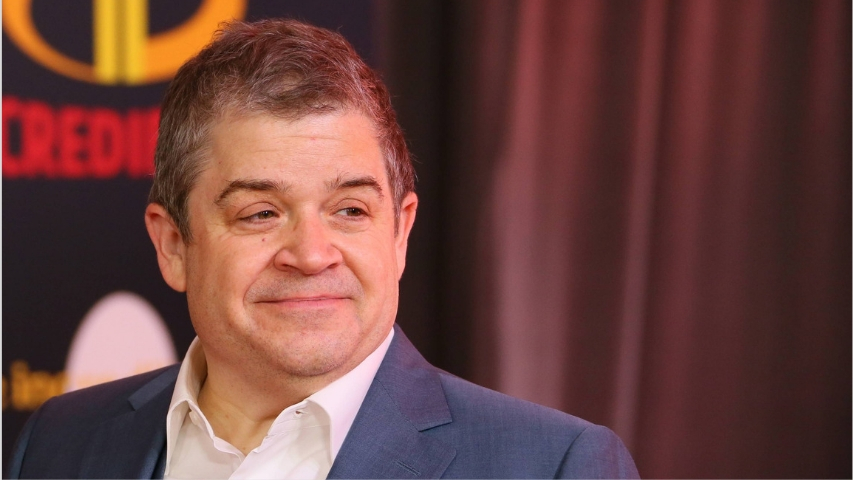
Hollywood writers and agents in a standoff with no end in sight
by Shruthi Venkatesh April 25 2019, 5:03 pm Estimated Reading Time: 3 mins, 25 secsIn the year 1962, MCA Inc.—the giant Hollywood talent agency, also referred to as The Octopus—acquired a majority recognition in Decca Records and Universal Pictures. But, MCA had already been the country’s largest creator of television programming. The agency was known for controversially “packaging” its star actors with writing and directing clients into ready-made shows for one-stop, near-monopoly sale to the networks.
On the other hand, Robert Kennedy’s Justice Department, filed a civil antitrust suit against MCA and forced it to dissolve its agency business, having the cause that both a buyer and seller of talent posed an inherent conflict of interest. For almost 60 years, having this issue as a root cause, Hollywood’s agents have largely steered clear of trying to produce movies and television that would give them control of the content that their own clients create. Hopefully, this won’t be an issue anymore.
In the recent years, powerful uber-agents like William Morris Endeavor’s Ari Emanuel have realized what the legendary MCA boss Lew Wasserman himself understood so well when he agreed to get out of the agency business: Producing and owning entertainment is ultimately more lucrative than simply taking up to a 10 percent commission on its creation. That’s why the big agencies have not only reverted to The Octopus’s old practice of bundling their clients into package deals for movies and television - in the process, waiving their standard commissions while pocketing hefty fees for themselves but also created independent production companies that could amount to mini-studios of their own.
Now the Writers Guild of America is fighting back.

Patton Oswalt is among the Hollywood writers firing agents
The union represents about 13,000 screenwriters, some 8,500 of whom have agents and it provides them with health and pension benefits and advocates for writers’ interests with studios and producers. Last week, the guild sued the four biggest talent agencies—WME, Creative Artists Agency, ICM Partners, and United Talent Agency, with the cause that their packaging practices violate California and federal laws by pitting the financial interests of the agencies against those of their clients.
While representatives for both the guild and the agencies met on numerous occasions to hammer out details, a final decision could not be reached regarding two of the most pressing issues being tackled in the talks. The issue of packaging fees comes very complicated - which is part of its inherent problem.
The WGA seeks for the agencies to remove these fees so that representatives are more inclined to once again seek the best deals for their clients, even more so if multiple ones are paired up on a single project. This issue has led to the agency’s production authorities.
The WGA’s demand is for these companies to be spun off into a business not attached to the agencies themselves. After months of arguments, the agencies asked for an eleventh-hour extension of the deadline expiration to try and continue negotiations. The guild agreed, and now it has come to a point that the agencies failed to come to the table with a satisfactory solution in the eyes of the guild and thus, the order was sent down that all guild members were to fire their agents immediately.
As a result, many members have begun taking to Twitter to both find work and help others find work – reports the Forbes. Some of these movements have come to be labeled as #WGAStaffingBoost and #WGASolidarityChallenge, which feature writers working as best they can to build a non-traditional network in hopes of keeping the trains running smoothly for the rest of the hiring season. That, in addition to steps taken by the guild itself, which includes a brand new internal submission system for union-represented writers.
Today, no guild represented writer is allowed to carry representation that has not yet signed the Code of Conduct. For the first time in history, it is for an industry that has often used agencies as a barrier for entry for quite some time.




-173X130.jpg)
-173X130.jpg)
-173X130.jpg)
-173X130.jpg)
-173X130.jpg)
-173X130.jpg)
-173X130.jpg)
-173X130.jpg)